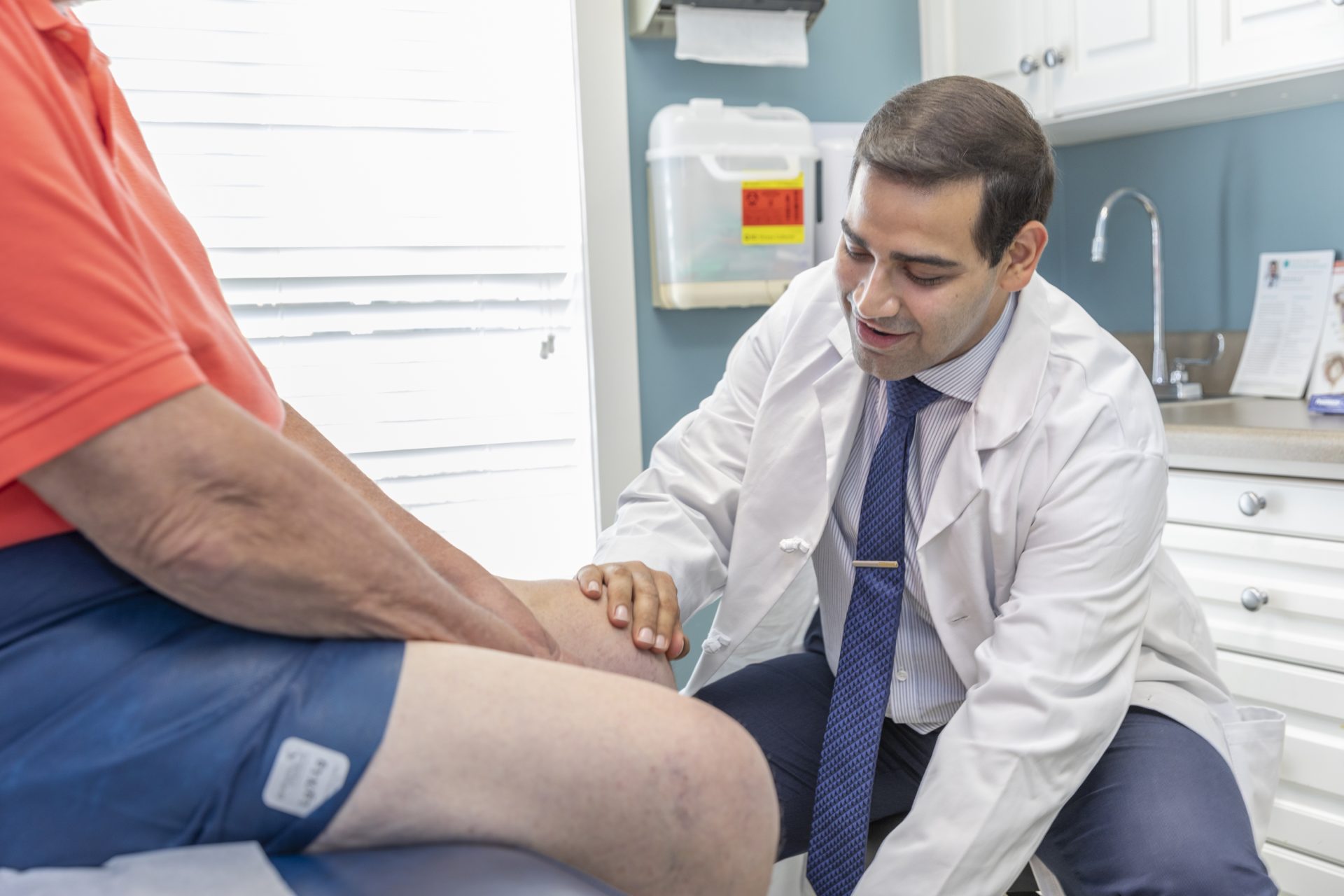Why it is crucial, and how to do it safely
Despite measures being in place to curb the spread of SARS-CoV-2, it is crucial that people still donate blood.
Donating blood
A country’s blood supply is integral to supporting people in a critical condition. According to the National Heart, Lung, and Blood Institute (NHLBI), blood transfusions are necessary if a person loses too much blood due to injury or during a surgical procedure. They can also be necessary if a person’s body is not producing blood properly.
Depending on the reason why a person needs a blood transfusion, the NHLBI highlight that it is possible to give four different types of blood product during transfusion: whole blood, red blood cells, platelets, or plasma.
The American Red Cross note that scientists cannot manufacture blood and platelets, and the NHLBI say that the majority of the products given in blood transfusions come from whole blood donations from members of the public.
According to the Centers for Disease Control and Prevention (CDC), blood transfusions are lifesaving procedures that occur every day in hospitals across the United States. There are more than 13.2 million blood donors in the U.S., who are crucial for the country’s blood supply. The Food and Drug Administration (FDA) point out that someone needs a blood transfusion every 2 seconds.
Without ready access to supplies of blood, many people would not be able to undergo lifesaving blood transfusion procedures.
“Dramatic reduction” in blood donations during Covid-19 restrictions
As with all the other resources that a country depends on, supply and demand largely determine its blood reserves. At a local level, if there is a significant accident causing a loss of blood from many people, blood reserves may become stretched as the demand increases.
Conversely, too few people donating blood can put pressure on the blood reserves, as the supply of blood cannot meet the demand.
The physical distancing policies that authorities have implemented during the SARS-CoV-2 outbreak have put severe pressure on the supply of blood in the U.S.
According to Dr. Peter Marks, Director of the FDA’s Center for Biologics Evaluation and Research, “[t]he COVID-19 pandemic has caused unprecedented challenges to the U.S. blood supply. Donor centers have experienced a dramatic reduction in donations due to the implementation of physical distancing and the cancellation of blood drives.”
Dr. Marks describes people who donate blood as “part of our critical infrastructure industries.” Despite the physical restriction measures, it is crucial that people continue to donate blood.
It is the responsibility of local governments to encourage people to donate blood and to help them do it in a safe way that does not significantly increase their risk of getting or passing on SARS-CoV-2.
In short, the benefits of giving blood at this critical stage of the pandemic far outweigh the negative consequences of the increased number of people traveling from their homes.
Donating blood safely
While it is crucial that people continue to donate blood, doing so safely is, of course, very important.
As Dr. Marks points out, blood donation centers are ideally placed to manage the donations of blood safely during the pandemic, as they are highly skilled in infection control practices.
In Dr. Marks’ words, “blood donation centers always take steps to prevent staff and donors who are not feeling well or who have a fever from reaching the donor area, and they are now taking additional social distancing precautions wherever possible.”
People who donate blood should adhere to physical distancing policies when traveling outside, wear masks in areas where they are unable to keep six feet apart from other people, and frequently wash their hands to reduce their chances of catching or spreading the virus.
“Donating blood is safe and takes only a little of your time. At many blood donation centers, those who are interested in donating can make an appointment to minimize the time it takes to donate blood. Centers can arrange to call a donor’s mobile phone when they’re ready for the donor to come in.”
The CDC have issued advice to blood and plasma collection facilities on how to operate safely during the pandemic.
Various organizations can help a person find a local blood donation center where they can schedule an appointment. These organizations include:
American Red Cross
Armed Services Blood Program
OneBlood
https://www.medicalnewstoday.com/articles/donating-blood-during-a-pandemic-why-its-crucial-and-how to-do-it-safely
Exclusive Content from CARE Magazine






